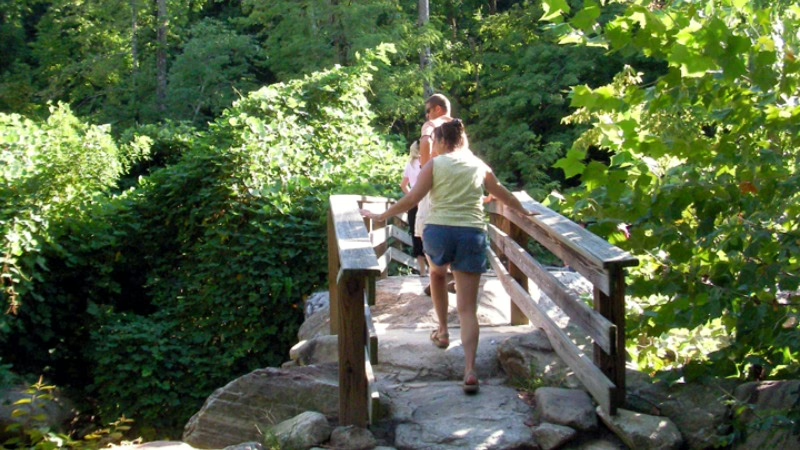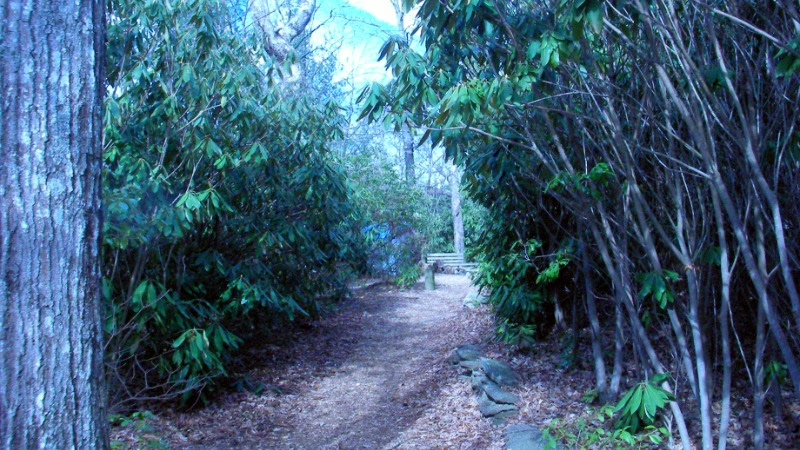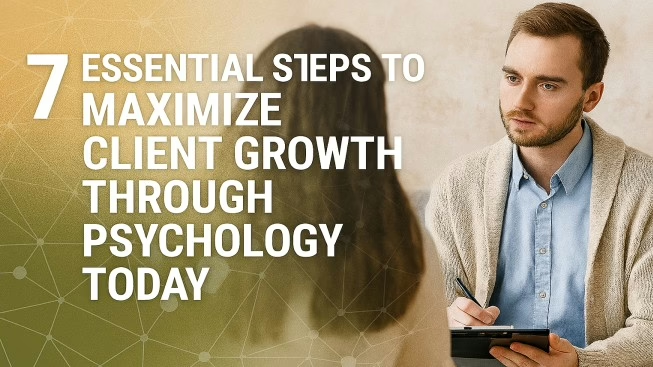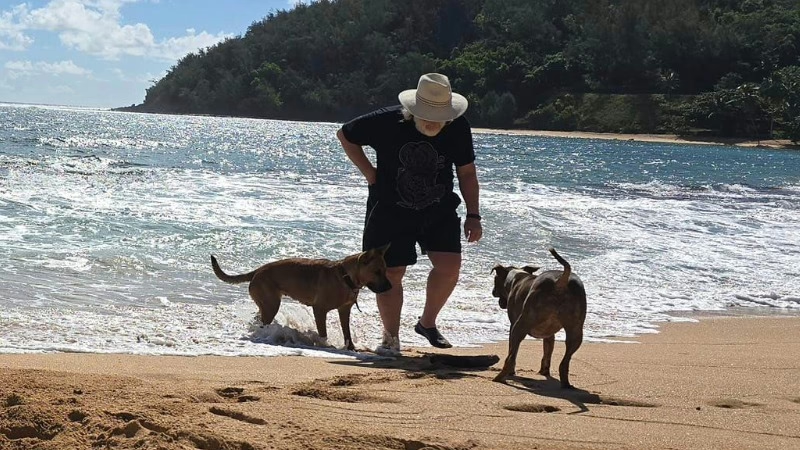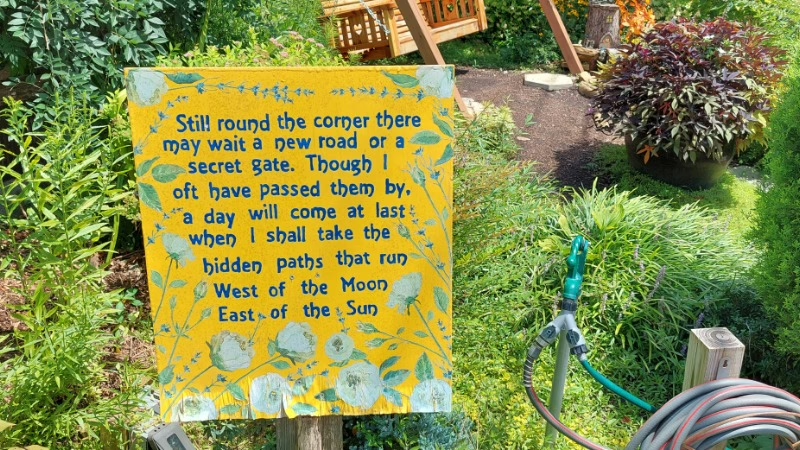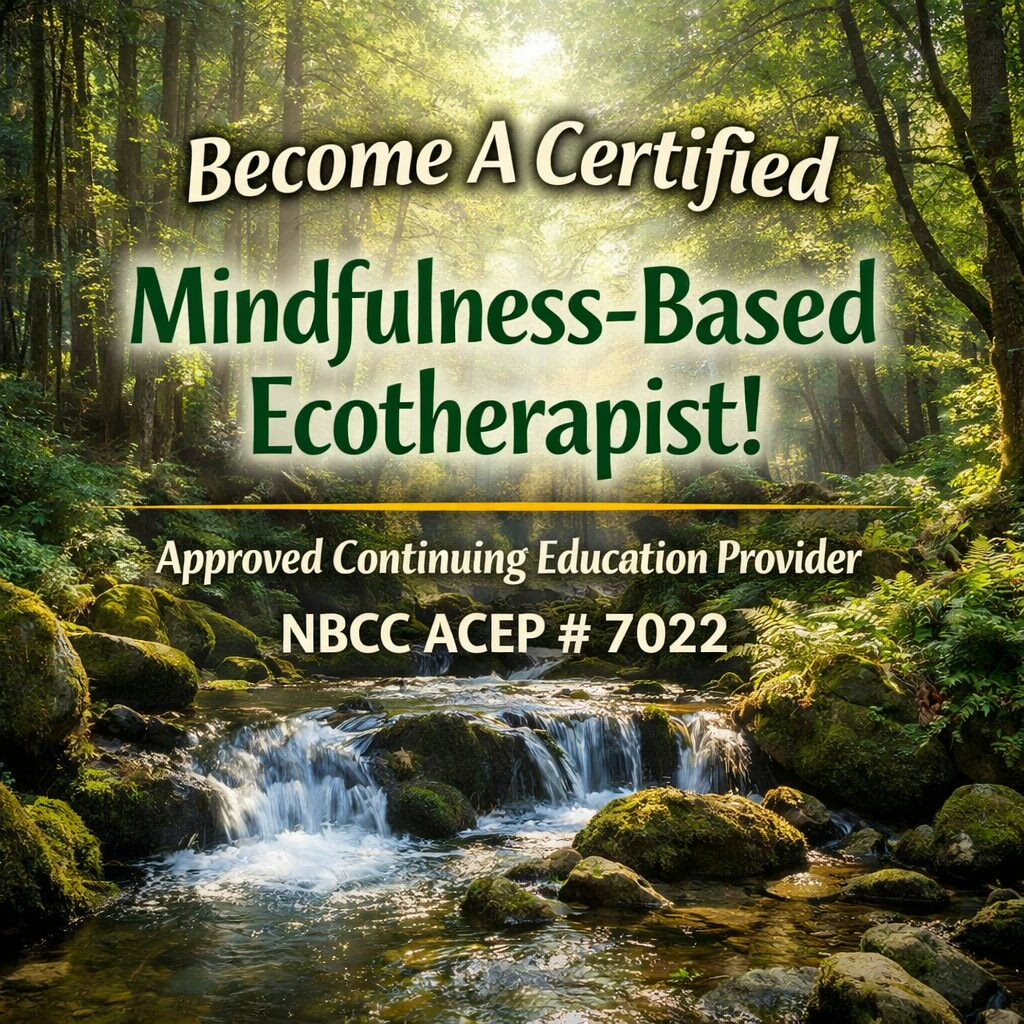
Table of Contents
Holiday Sale 2025! 20% Off Everything at the Mindful Ecotherapy Center!
Celebrate the season with mindfulness and self-care! For a limited time, the Mindful Ecotherapy Center is offering 20% off our entire online inventory. Explore tools, resources, and gifts to support your wellness journey — but hurry, this special offer ends December 31st, 2025.
Use the coupon code below:
MEC20%2025
Shop now and treat yourself (or someone you love) to mindful living: https://www.mindfulecotherapy.org
Celebrate the Season with Our Holiday Sale 2025
The end of the year has a way of nudging people toward reflection. What did we learn? Where did we grow? What still feels unfinished? At the Mindful Ecotherapy Center, this season is our reminder that personal transformation doesn’t have to wait until January. It can begin right now, right where you are.
To support that journey, we’re offering 20% off every course in our online store through December 31, 2025. If you’ve been meaning to deepen your mindfulness practice, work through emotional patterns, or explore Ecotherapy as a path to personal well-being, this is the easiest time of the year to begin.
Learn at Your Own Pace, Wherever You Are
Every course we offer is designed to be completed entirely online, on your schedule. There are no deadlines, no live meetings to juggle, and no pressure to keep up with a cohort. Whether you prefer to immerse yourself for hours or take it step by step, you can move through the curriculum in the way that fits your life.
Use our Holiday Sale 2025 to take advantage of our courses at a 20% discount on everything in our catalog!
Experiential Activities That Bring the Work to Life
Mindful Ecotherapy is not a passive learning experience. Our courses invite you to practice the material, not just read it. Each course includes experiential activities that help you:
- Build a deeper relationship with the natural world
- Develop emotional awareness and regulation skills
- Strengthen resilience through mindfulness-based techniques
- Integrate Ecotherapy principles directly into your daily life
- Use these skills with your clients
These aren’t abstract lessons. They’re tools you can use immediately to support your own well-being or to enhance your professional practice.
A Chance to Invest in Yourself
Whether you’re a mental health professional seeking continuing education, someone beginning your mindfulness journey, or a practitioner looking to expand your spiritual or nature-based work, this Holiday Sale 2025 makes it easier to commit to your own growth. Self-care shouldn’t be an afterthought, especially during the rush of the holidays. A course that nourishes your mind and spirit might be exactly what this season calls for.
Don’t Miss the Holiday Sale 2025!
The 20% discount applies to every course in the store, and it runs only until December 31, 2025. After that, pricing returns to normal.
Browse the online store, find the courses that resonate with your goals, and take advantage of this end-of-year opportunity to begin the next chapter of your personal or professional journey.
Happy Holidays from the Mindful Ecotherapy Center!
Share Your Thoughts!
What do you think? Share your thoughts in the comments below! And don’t forget to subscribe to our newsletter!


